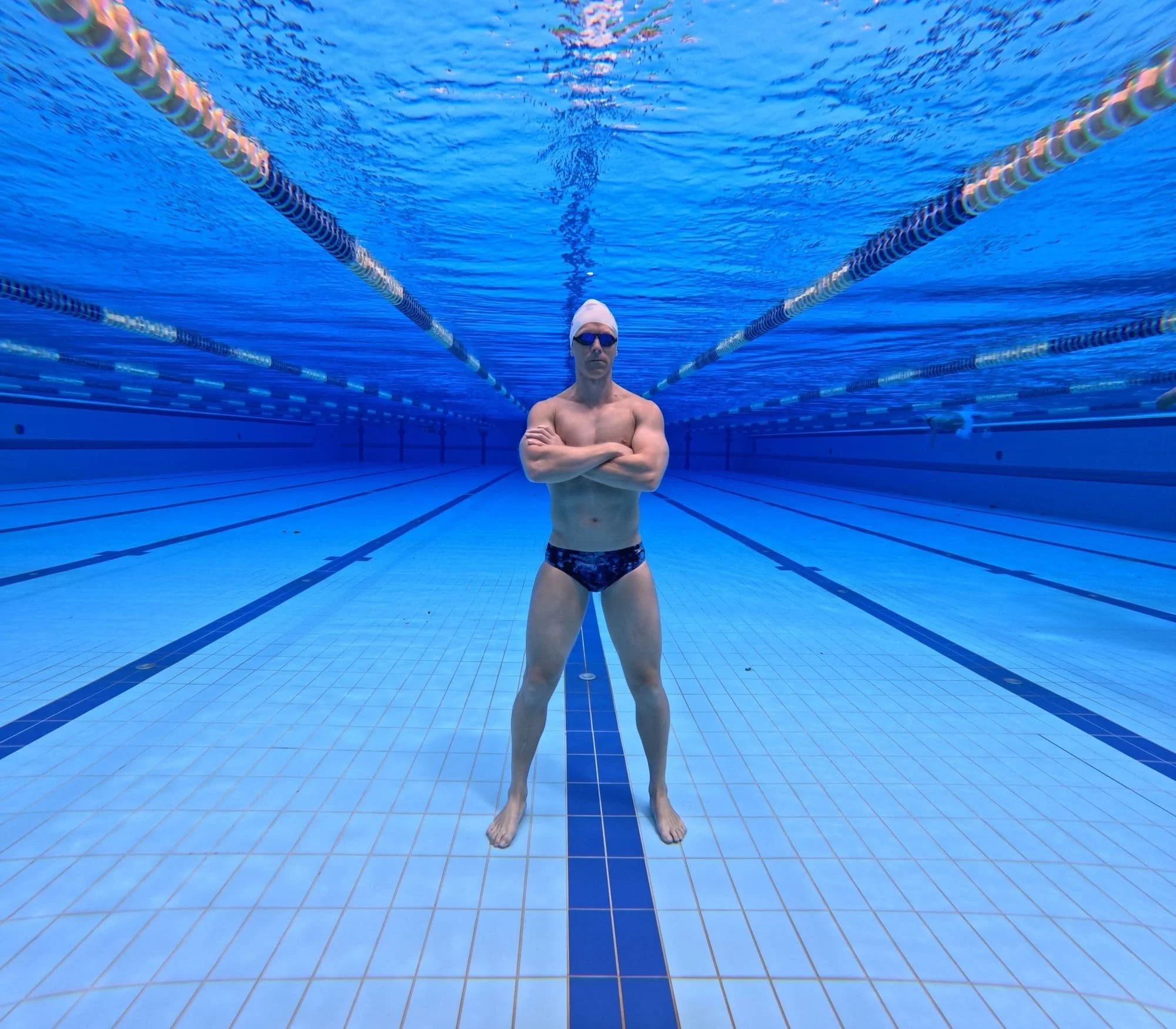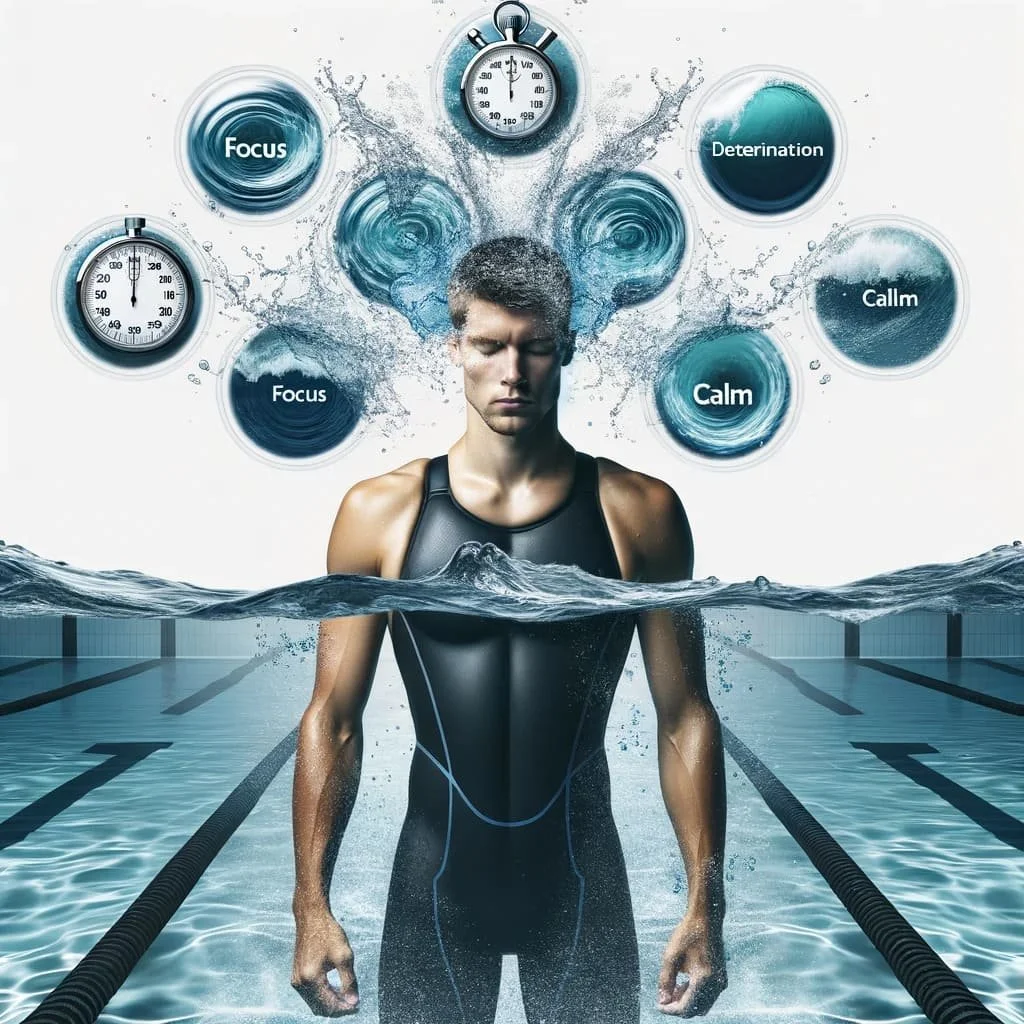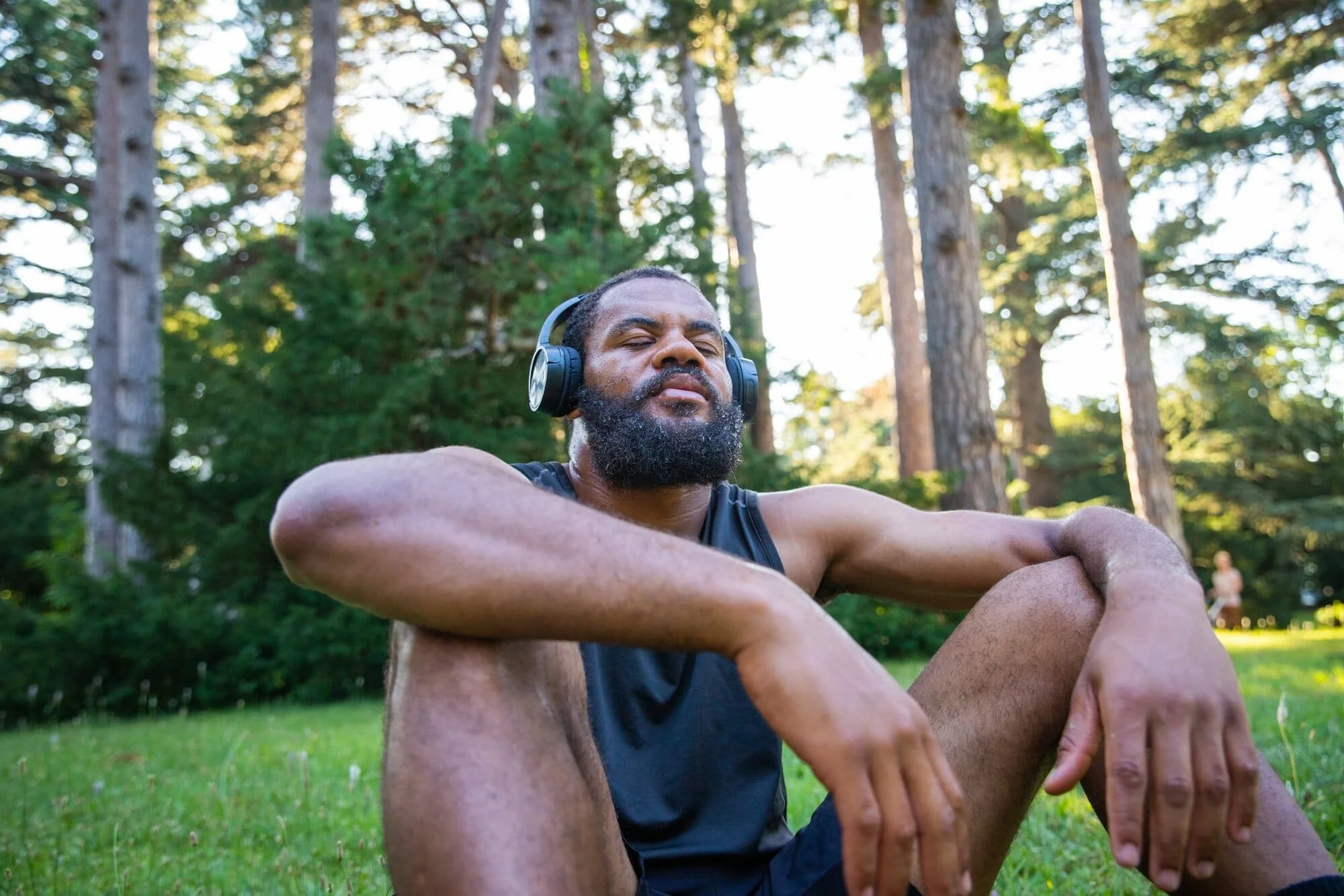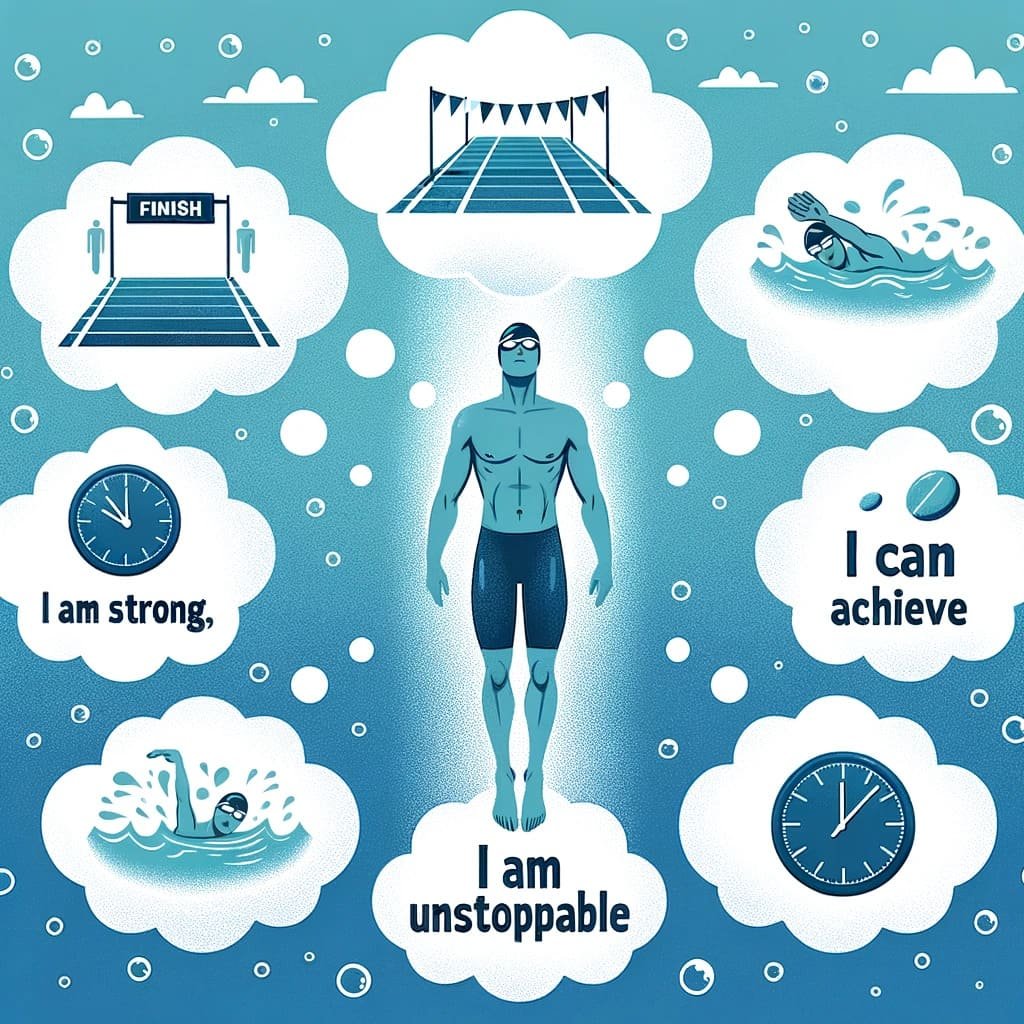Sports Visualization and Meditation for Athletes: Mentally Preparing for the Big Event
/visualization exercises for athletes
Your heart and lungs are conditioned, and your muscles are strong and powerful, but they may not be the most important organs to your success as an athlete. The power of the mind cannot be understated, especially when it comes to performance. For athletes preparing for a significant event, mental preparation is just as crucial as physical training. Visualization exercises, rooted in sports psychology practices, meditation for athletes, mantra, and envisioning positive outcomes, have become essential tools for athletes aiming to achieve peak performance. This article delves into the world of visualization exercises and how they can make a difference for athletes on the big stage.
Work with Coach Dan Daly in person to bring your race-day plan to life. Whether you're preparing for a big meet or aiming for a personal best, our in-person swim coaching connects your mindset with movement.
1. The Science Behind Sports Visualization
Visualization for athletes, often referred to as mental rehearsal or imagery, involves creating a mental image of a specific situation or performance. Sports psychologists have found that the brain doesn't distinguish much between a vividly imagined experience and a real one. When athletes visualize, they activate the same neural pathways as when they're physically performing the action.
sports meditation And visualization
2. Guided Meditation and Visualization
Guided meditation provides a structured approach to visualization in sports. Athletes are led through a series of relaxation techniques, followed by detailed imagery of their event. They are encouraged to engage all their senses, picturing the venue, seeing themselves at the start, feeling the equipment or gear , hearing the roar of the crowd, and even tasting the sweat on their lips, or water in the pool.
meditation for athletes
Steps:
Find a quiet space.
Close your eyes and take deep breaths.
Imagine yourself entering the competition area, feeling confident and strong.
Visualize every detail of your performance, from start to finish. Swimmers should react off the block, picture their entry into the water, feel the efficiency and depth of their streamline, count their under water kicks, time their breakout, count each stroke, kick, and breath wall to wall with each turn.
For shorter events or moments, take it a step further by mentally rehearsing those events at race pace with a stopwatch, starting and stopping the watch when you think the event has completed. How close can you get to your goal time during that exercise.
Athletes could also create familiarity with the event space or course, by looking over the event details website, reviewing available photos and videos of the event, or previous attendance, and create familiarity, comfort, and certainty with as many details of the vent as possible.
Embrace the emotions you'd feel during the actual event.
By practicing sports visualization, athletes can enhance their mental preparedness, reduce anxiety, and improve focus, ultimately leading to better performance.
On event Day:
Listen to motivating music, choosing your favorite pump up mix
Get involved in the event, socializing, cheering, and seeing others success can all be energizing for you.
3. Mantras: Harnessing the Power of Words
Mantras are powerful affirmations or phrases that athletes repeat to themselves to stay focused and motivated. These phrases can be as simple as "I feel strong" or "I am prepared." The repetition of these words serves to reinforce positive beliefs and drown out negative self-talk.
Tips for creating effective mantras:
Keep it short and positive.
Make it personal and relevant to your sport.
Practice repeating it during training sessions or while engaging in meditation for athletes.
mental rehearsal and visualisation
4. Embracing Positive Outcomes
It's essential for athletes to visualize not just the process but also the positive outcomes. This could mean visualizing standing on the podium, hearing the applause of fans, or feeling the weight of a medal around their neck.
Benefits:
Reinforces the belief that success is attainable.
Provides motivation during tough training sessions.
Helps in developing a winner's mindset.
5. Overcoming Challenges with Visualization
Visualization in sports isn't only about picturing success. It's also about preparing for potential challenges. By visualizing possible obstacles and formulating strategies to overcome them, athletes can be better prepared for unexpected situations during the event.
sports visualization
Example:
A marathon runner might visualize feeling fatigued during the last few miles but then picture themselves drawing energy from the crowd, focusing on their breathing, and pushing through to the finish.
Sport Visualization exercises offer athletes a mental edge, preparing them for both the expected and unexpected challenges of big events. By integrating sports psychology meditation practices, meditation, mantras, and positive outcomes into their mental training regimen, athletes can bolster their confidence, focus, and resilience, ensuring they're as prepared mentally as they are physically for the big day. Whether you're an amateur or a seasoned professional, embrace the power of the mind, and unlock your true potential.






